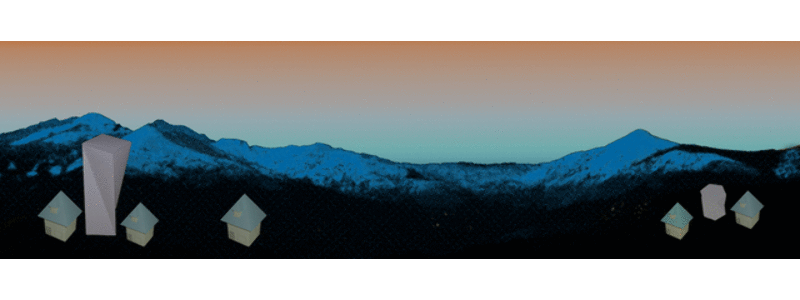Description:
The Nisqually River Council (NRC) describes itself as “a non-regulatory coordination, advocacy, and education organization. The Council seeks to integrate the history, culture, environment, and economy of the watershed into healthy and sustainable future.”
The Nisqually River Foundation is the 501(c)3 non-profit organization that provides funding and staffing to support the work of the Nisqually River Council.
Climate Change-Related Activities:
Through the Nisqually River Education Project (NREP), you can learn about and get involved in Tree Planting/Habitat Restoration, become a Stream Steward, join the Student GREEN Congress, and much more.
You can attend regular meetings or join their “Citizens Advisory Committee” to get involved in activities related to carbon stabilization through Forests & Agricultural Soils, such as:
- Salmon recovery projects
- Water quality & water quantity planning
- Stream habitat enhancement
- Hiking and assessing the watershed
- Public education & outreach
- The Annual Nisqually Watershed Festival at the Nisqually Wildlife Refuge
- Exploring the estuary and tributaries
- Rafting with the Nisqually Land Trust
- Monthly meetings
The NRC also offers the Nisqually Building Guide, a voluntary guidelines for Low Impact Architectural Design and Development within the Nisqually Watershed. (Energy Efficiency & Conservation, Decarbonization of Power)
For More Information:
Visit the Nisqually River Council website
Email: info@nisquallyriver.org
Facebook: Nisqually River Council
(360) 438-8715
12501 Yelm Highway SE
Olympia, WA 98513
Organization Type:
